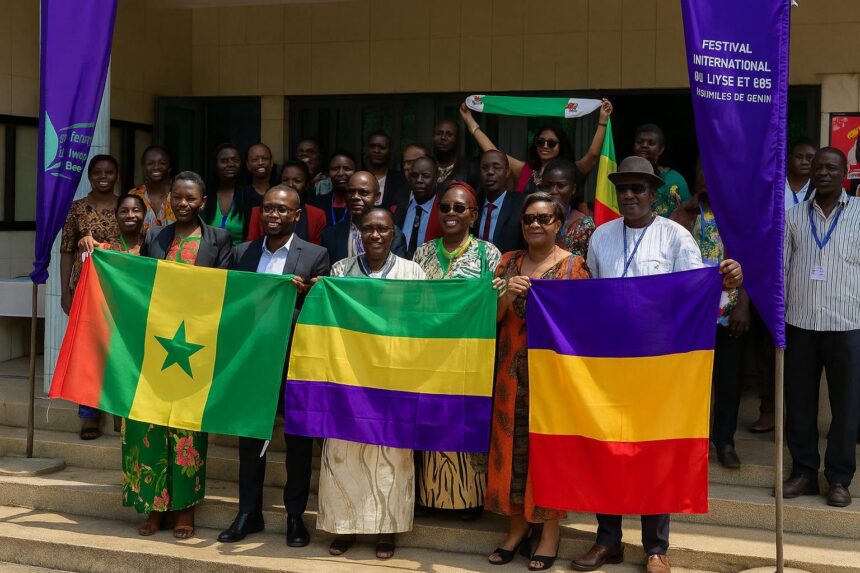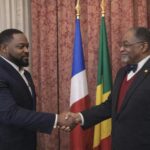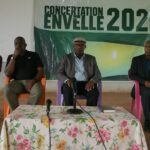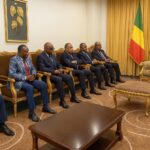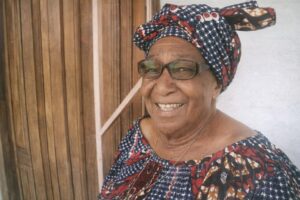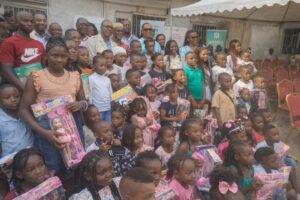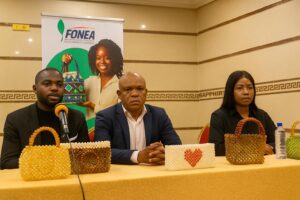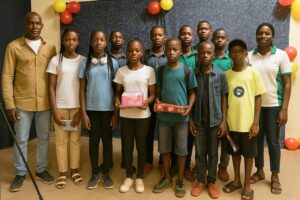Record crowd lights up Cotonou
For three vibrant days, 9–11 October 2025, the amphitheatre Houdegbe at Abomey-Calavi University pulsed with readings, debates and music. Organisers of the International Festival of Books and Allied Arts of Benin celebrated their biggest turnout yet, transforming the campus into a meeting point for writers, publishers and curious residents.
- Record crowd lights up Cotonou
- Fifteen nations, one stage
- Congo-Brazzaville voices in focus
- Theme: Cultural industry in a digital age
- Digital tools, double-edged sword
- A medal for promoting African culture
- Identity debate stirs the aisles
- Classroom bridge from Cotonou to Europe
- Write African, reach the world
- Festival mood and future pages
Fifteen nations, one stage
Delegations from at least fifteen countries filed under the FILAB banner. The host Benin welcomed the Togo guest-of-honour alongside Senegal, Chad, Cameroon, Gabon, Rwanda, Côte d’Ivoire, Congo-Brazzaville, Algeria, Haiti and others. European authors added extra accents, turning seating aisles into informal translation booths between events.
Congo-Brazzaville voices in focus
Congo’s colours flew high thanks to physician-novelist Thierry Paul Ifoundza and compatriots Ferréol Constant Patrick Gassackys and Gaylord Fortune Pouabou. “We felt proud to showcase Congolese storytelling on a continental stage,” Ifoundza noted, his white coat swapped for a patterned boubou as he signed copies for a queue of students.
Theme: Cultural industry in a digital age
FILAB’s 2025 thread, “The cultural industry in the digital era,” resonated in every hallway. Panelists dissected e-publishing, crowdfunding and virtual galleries. Festival director Clément Yèhouessi underlined that smartphones have become “the first library for many African youths”, urging players to seize the shift rather than fear disruption.
Digital tools, double-edged sword
Ifoundza welcomed technology as a “facilitator in the production and diffusion of art,” granting newcomers a shortcut around traditional gatekeepers. Yet he cautioned that uncritical use of algorithms could flatten originality. “With artificial intelligence, creativity may suffer unless we, the human authors, keep steering,” he told an attentive auditorium.
A medal for promoting African culture
Mid-festival applause swelled as organisers pinned the Medal for the Promotion of African Culture on Ifoundza’s lapel. The doctor-writer, who practises in France yet publishes on Central African social realities, called the honour “a gentle push to do more” and vowed to remain “worthy of the trust shown.”
Identity debate stirs the aisles
The notion of an author’s passport surfaced during a round-table on Togolese literature. Borderland heritage means a novelist can be embraced by several nations. Ifoundza cited Nobel laureate Svetlana Alexievich, claimed by both Ukraine and Belarus, to show Africa is not alone in juggling overlapping cultural identities.
Classroom bridge from Cotonou to Europe
On the second afternoon, a hybrid workshop linked Cotonou’s Bénin Excellence library with two Beninese high schools and two Italian lycées. From Paris, Professor Victor Hountondji co-led sessions on sparking artistic creativity. Laughter echoed as pupils co-wrote micro-stories on shared screens, proof that bandwidth can shrink oceans when ideas flow.
Write African, reach the world
Repeated questions returned to language choice. How can a novelist craft in Lingala, Mina or Fon yet still court a global audience? Participants agreed translation is the hinge. “Publishing in local tongues protects memory; translating them spreads it,” Ifoundza summarised, urging more investment in skilled trans-lators and accessible bilingual editions.
Festival mood and future pages
Beyond panels, FILAB 2025 thrummed with music stalls, street food and improvised slam battles at sunset. Many visitors left clutching freshly autographed paperbacks and scanning QR codes for e-versions. As chairs were folded on the final evening, one phrase echoed: the conversation on Africa’s digital cultural future has only begun.

